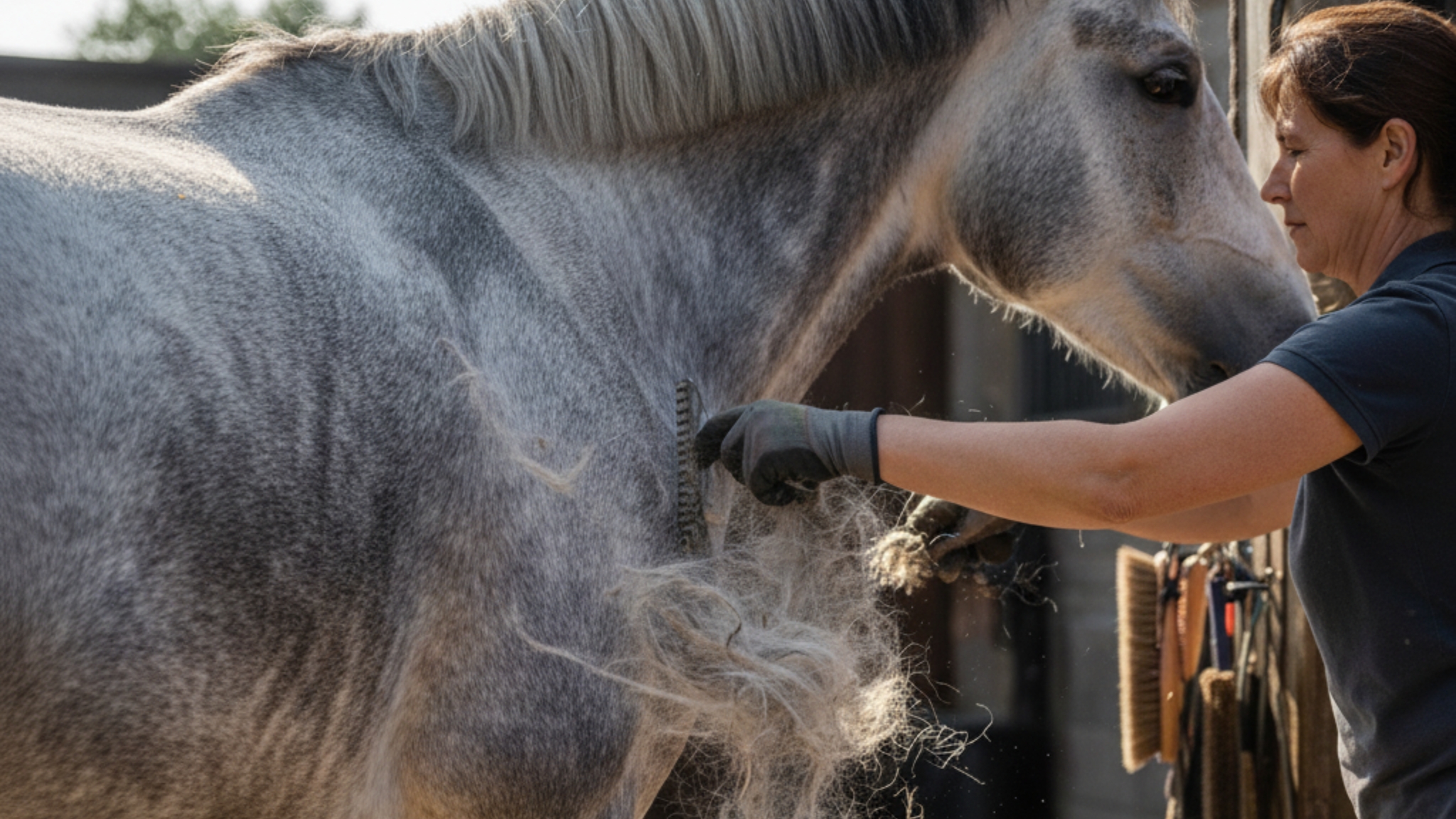
Senior horses require special attention to their nutritional needs to maintain health and quality of life as they age. Proper feeding strategies and balanced diets are crucial for managing common issues like dental problems, weight management, and joint stiffness. Here’s how to ensure your senior horse receives the optimal nutrition it needs.
Forage remains essential for senior horses, providing fiber crucial for digestive health and maintaining proper weight. However, aging horses may have dental issues that make chewing harder, so consider softer hay options or alternatives like soaked hay cubes or hay pellets.
Aging horses may experience muscle loss or decreased muscle tone. Ensure they receive adequate, easily digestible protein sources like alfalfa or senior-specific feeds designed to support muscle maintenance without overloading kidneys.
Joint stiffness and arthritis are common in senior horses. Supplements containing glucosamine, chondroitin, MSM, and omega-3 fatty acids can help maintain joint health and reduce inflammation, promoting mobility and comfort.
Senior horses are more prone to metabolic issues such as insulin resistance or Cushing’s disease. Limiting starch and sugar intake from grains and sweet feeds is crucial. Opt for low-starch, high-fiber feeds designed for senior horses.
As horses age, their ability to regulate water intake may decrease. Ensure fresh, clean water is readily available and consider adding electrolytes in hot weather or during increased physical activity to encourage drinking.
Dental problems are common in senior horses and can hinder their ability to chew effectively. Schedule regular dental check-ups and consider softer feeds or soaked options to ensure your horse can still consume nutrients from forage.
Regularly assess your senior horse’s body condition score and adjust its diet accordingly. Senior horses may have difficulty maintaining weight due to decreased digestive efficiency or dental issues. Work with a veterinarian or equine nutritionist to tailor a diet plan that meets your horse’s specific needs.
Takeaway
Senior horse nutrition requires careful attention to dietary adjustments to accommodate their changing needs. By implementing these feeding strategies and ensuring they receive essential nutrients, you can help your senior horse age gracefully and comfortably.